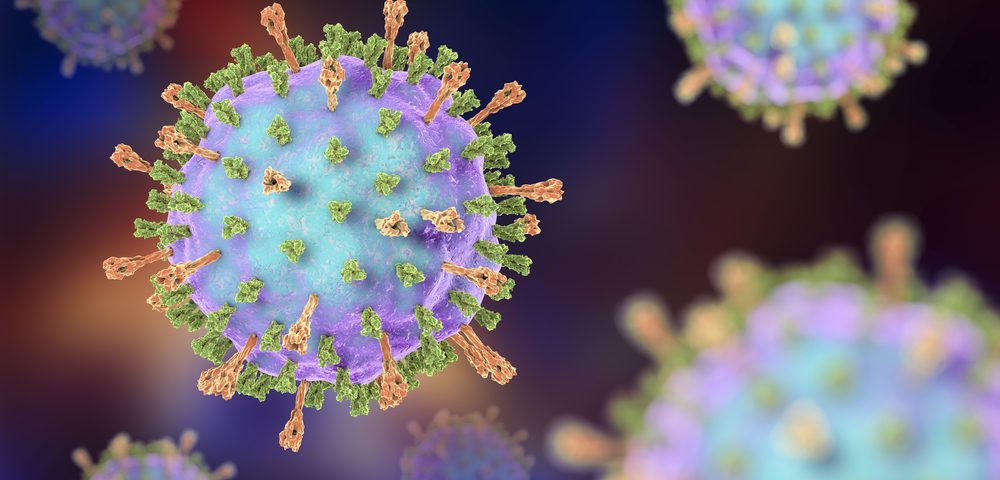The first patient has begun treatment in a Phase 1 trial assessing a combination of Transgene’s Pexa-Vec, an oncolytic virus, and the immune checkpoint inhibitor Yervoy (ipilimumab) in advanced solid tumors such as mesothelioma.
The investigator-initiated ISI-JX trial will recruit up to 60 patients in several clinical centers in France. The treatments will be administered to the tumors simultaneously. The first patient was dosed at the Leon Berard Cancer Center in Lyon.
“We believe in the synergistic potential of the combination between oncolytic viruses and immune checkpoint-targeted antibodies,” Dr. Aurélien Marabelle, MD, PhD, said in a news release. The doctor from Gustave Roussy is a world expert in immunotherapy clinical research and coordinating investigator of the study.
“We believe that the intra-tumoral co-delivery of these immunotherapies will trigger a better priming of the anti-tumor immune response while avoiding off-target toxicities,” Marabelle added. “We hope this novel ‘in situ immunization’ strategy will overcome the resistance to cancer immunotherapy that we observe in many patients.”
Pexa-Vec, or pexastimogene devacirepvec, is an oncolytic virus designed to destroy cancer cells using three mechanisms. It triggers the breakdown of cancer cells through viral replication. It promotes vascular disruption, reducing the tumor’s blood supply. And the GM-CSF gene it contains attracts immune cells to tumors and stimulates strong immune responses.
The therapy has shrunk tumors and killed tumor cells in a Phase 3 trial with liver cancer patients that also indicated it was safe.
Transgene is now testing the treatment in patients with other solid tumors, in combination with another immunotherapy agent — such as Yervoy.
It will be conducting an open-label, single-arm, dose-escalation Phase 1 trial (NCT02977156) in two parts.
Part A is a dose-selection component that will enroll patients with any advanced solid tumor except liver cancer, and patients whose cancer has spread to other organs. Part A will be aimed at finding the optimal doses and dosing regimen of Pexa-Vec and Yervoy. Each dose cohort will include three to six patients.
Part B will include patients with melanoma, colorectal cancer, head and neck cancer, gastric cancer, triple-negative breast cancer, and mesothelioma. It is aimed at assessing the effectiveness and safety of the combo therapy.
The primary measuring stick will be three-month patient response rate to the treatment. Other measurements of Part B will include disease control rate, duration of response to treatment, progression-free patient survival, and overall survival.
“This trial aims to first demonstrate that the regimen of our oncolytic virus Pexa-Vec plus ipilimumab is well tolerated. We expect that the intra-tumoral administration of ipilimumab will have less systemic toxicity thanks to its local administration,” said Maud Brandely, chief medical officer of Transgene. “Another objective is to show the antitumor activity of the regimen in patients with advanced solid tumors which have exhausted all standard therapeutic options.”


